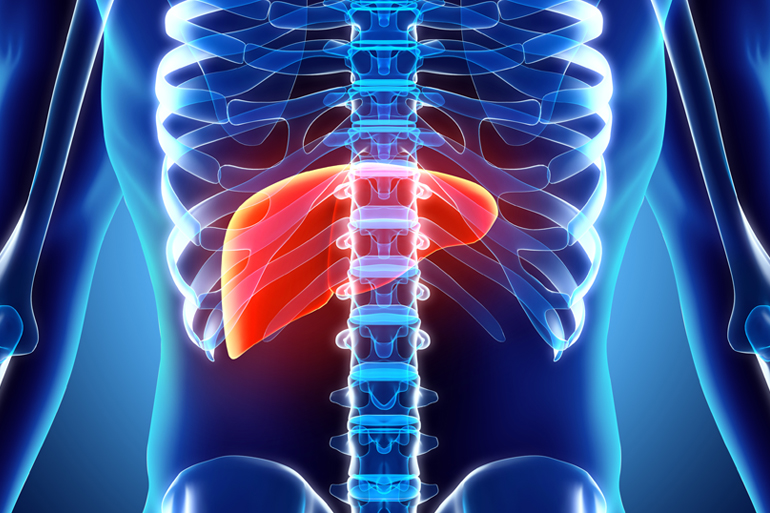The liver is the body’s biggest solid organ. It eliminates contaminants from the body’s blood supply, controls blood coagulation, and hundreds of other essential tasks. It’s in the right upper abdomen, beneath the rib cage.
If you need help for a liver condition, you should check out Best liver specialist in Malaysia Proganic. Not only does it help your liver, but it also helps your overall health. It contains a traditional formula that can assist your immune system and skin in removing harmful pollutants in a natural, safe, and efficient manner.
Facts to remember
- The liver is responsible for filtering all of the blood in the body as well as breaking down harmful chemicals likat aids in the digestion of fats and the removal of waste.
- The liver is divided into four lobes, each with eight parts and thousands of lobules (or small lobes).
Functions
- Regulates Amino Acids: Amino acids are required for protein synthesis. The liver maintains a healthy amount of amino acids in the circulation.
- Regulates Blood Clotting: Vitamin K, which can only be absorbed with the aid of bile, a fluid produced by the liver alcohol and narcotics.
- Bile is a fluid produced by the liver thr, is used to make blood clotting coagulants.
- Defends Against Infections: The liver filters the bloodstream and eliminates germs as part of the process.
- Processes Glucose: The liver collects and stores excess glucose (sugar) in the circulation. It can convert glycogen back to glucose as needed.
- Filters Blood: Toxins, byproducts, and other toxic substances are removed from all blood exiting the stomach and intestines by the liver.
Keeping Your Liver in Good Shape

Taking active efforts toward a healthy lifestyle is the greatest approach to avoid liver disease. The following are some suggestions to help keep the liver in good condition:
- Misuse of drugs: Taking these medications can have long-term consequences.
- Moderate Alcohol Consumption: Alcohol is broken down by the liver. While the liver can handle little amounts of alcohol, excessive use can harm the liver.
- Exercise on a Regular Basis: Maintaining a regular exercise regimen will aid in the overall health of all organs, including the liver.
- Healthy eating: Eating too much fat can impair the liver’s ability to function, leading to fatty liver disease.
- Protect yourself from sexually transmitted illnesses like hepatitis C by practising safe sex.
- Vaccinate against hepatitis A and B, as well as illnesses that develop in the liver like yellow fever, especially if you’re going to be abroad.
